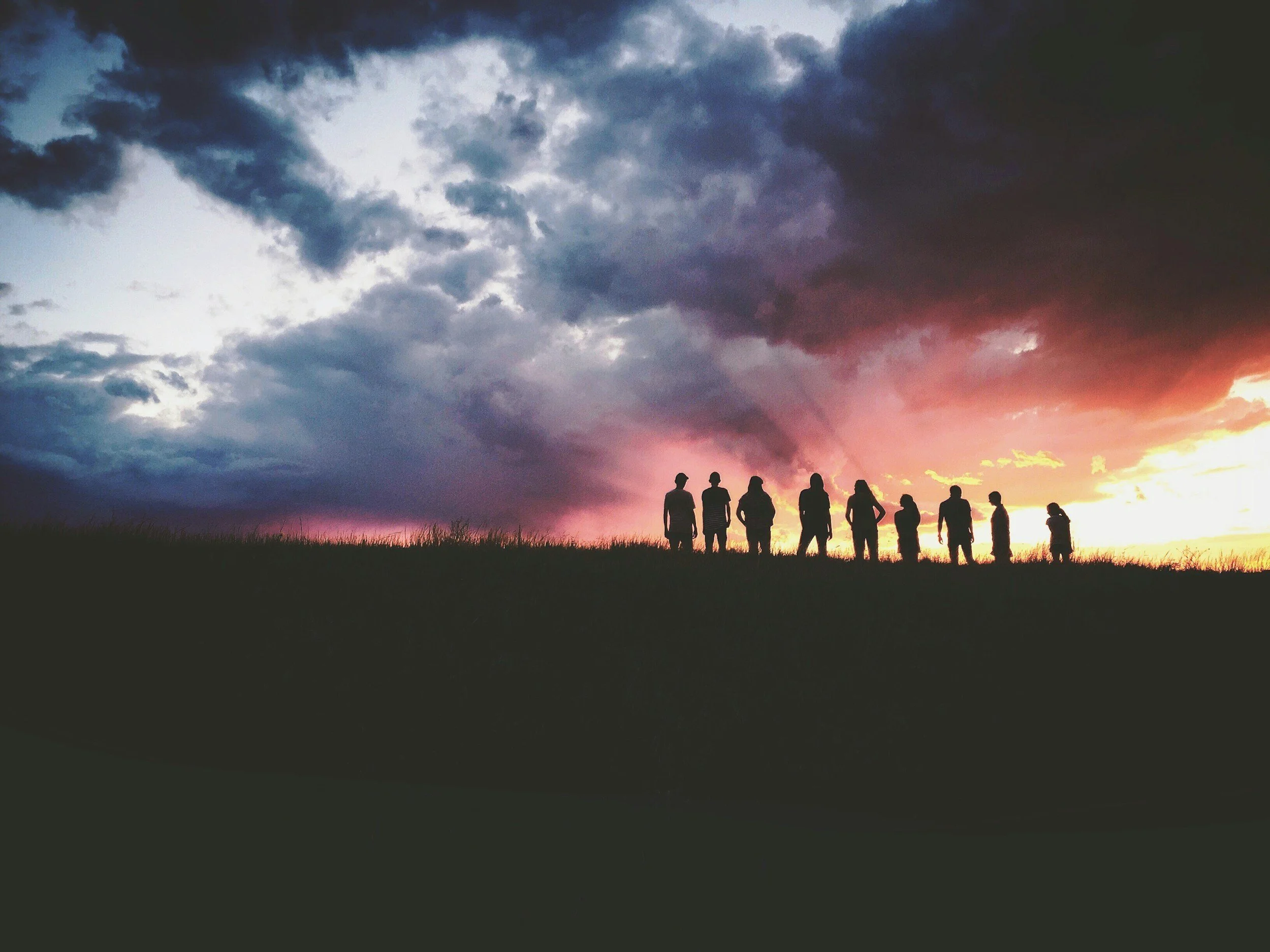Why Resources Matter for Families of the Missing and Murdered
When someone goes missing or is tragically murdered, it’s not just a single life that’s shattered. For the families left behind, it’s an unimaginable loss filled with pain, unanswered questions, and a constant fight for justice or closure. In these dark moments, resources and support aren’t just helpful—they’re vital. They can be the difference between feeling completely alone and finding the strength to keep going.
The Weight of Not Knowing
For families of the missing, not knowing where their loved one is—or what happened—can feel like torture. Every day without answers is another day of fear, heartbreak, and endless “what-ifs.” For those grieving a murder, the pain is compounded by the need to seek justice while coping with the reality of their loss.
Resources like grief counseling or support groups can provide a much-needed lifeline. Connecting with others who’ve been through something similar can remind families that they’re not alone. Counseling offers tools to manage the emotional rollercoaster that comes with such a traumatic experience, whether or not the case is resolved.
Trying to Navigate a Complicated System
When a loved one goes missing or is murdered, families are often thrust into a system they know little about. Where do you even start when someone disappears? How do investigations work? What rights do you have as a family member?
This process can feel overwhelming, especially when you’re already dealing with so much grief and stress. Organizations that work with families of the missing and murdered can help. They explain how police investigations work, offer legal advice, and sometimes even connect families with private investigators or experts who can assist. Having someone guide them through this complicated and often frustrating system can make a huge difference.
The Financial Burden No One Talks About
There’s also the financial side, which most people don’t think about until they’re faced with it. Families searching for a missing loved one might have to pay for flyers, take time off work, or hire outside help. For families of murder victims, the unexpected cost of funeral services or legal fees can add an entirely new layer of stress.
This is where financial assistance programs can step in to help cover costs like counseling or investigative services. These resources allow families to focus on what matters most: finding their loved ones, seeking justice, and trying to heal.
Keeping Their Stories Alive
One of the biggest fears for families is that their loved ones will be forgotten. When a case stops making headlines, it’s easy to feel like the world has moved on, even if the family hasn’t.
Raising awareness is crucial. Campaigns, vigils, and social media can help keep these stories in the public eye, which can lead to new information or simply ensure the victims aren’t erased from memory. Many organizations work to amplify the voices of these families, helping them share their stories and advocate for change.
Finding Strength in Community
Losing a loved one in these circumstances can feel incredibly isolating. But connecting with others who’ve been through it can provide a sense of community and strength. There’s a unique comfort in being with people who truly understand what you’re going through.
Many families find purpose in their grief by helping others. They start foundations, push for policy changes, or simply lend a hand to someone else going through the same thing. Their voices often become a powerful force for change.
Why More Support Is Needed
Even though there are resources out there, they’re not always enough. We need more funding for victim advocacy programs, better access to mental health care, and improved training for law enforcement to handle these cases with care and sensitivity. Families shouldn’t have to fight for help—they deserve it.
No One Should Face This Alone
Families of the missing and murdered deserve answers, justice, and the chance to heal. Resources provide more than just help; they offer hope during the darkest times. But it’s up to all of us to make sure these families have the support they need.
Whether it’s donating to organizations, raising awareness, or simply being there for someone going through it, we can all play a part in making sure no one has to face this alone.
If you are a family member or loved one of a victim of crime and would like to attend AdvocacyCon please reach out to us if you need financial assistance contact@impactadvocacyfoundation.com


